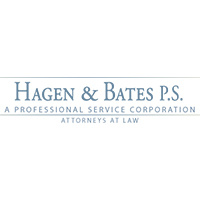Copalis Crossing Felony Lawyer, Washington
Sponsored Law Firm
-
 x
x

Click For More Info:
-
Soriano Law
104 W. Marcy Ave Montesano, WA 98563» view mapCriminal Law Where You Need to Be
An integral part of our legal services is to work closely with clients so that they can make the right decisions with respect to their legal needs.
800-337-9120
Not enough matches for Copalis Crossing Felony lawyer.
Below are all Copalis Crossing Criminal lawyers.
Wayne D. Hagen
✓ VERIFIEDCriminal, Personal Injury, DUI-DWI, Business
Since the firm was established in 1993, the skilled attorneys at Hagen & Bates P.S. have provided versatile, professional and effective solutions to a... (more)
Jack Bradford Micheau
Family Law, State Government, Indians & Native Populations, Criminal
Status: In Good Standing Licensed: 41 Years
Georgia Ann Stearns
State Government, Employee Rights, Juvenile Law, Personal Injury
Status: In Good Standing
Douglas Bryce Bitar
Federal, Government, Criminal, Bankruptcy
Status: In Good Standing Licensed: 45 Years
 Ronnie Soriano 104 W. Marcy Ave Montesano, WA
Ronnie Soriano 104 W. Marcy Ave Montesano, WA AboutSoriano Law
AboutSoriano Law Practice AreasExpertise
Practice AreasExpertise

